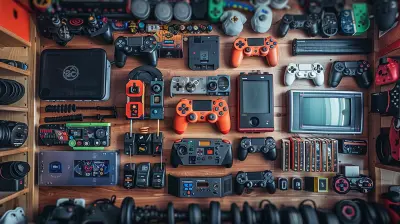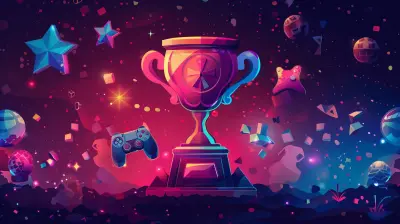How Game Awards Are Inspiring the Next Generation of Developers
4 November 2025
Let’s be real for a second—game awards might seem like glitzy, camera-flashing nights with dramatic music and teary-eyed speeches, but they’re way more than just that. Behind the flashing lights and red carpets, game awards are quietly (or not-so-quietly) shaping the future of gaming. Seriously, they’re like the Oscars of nerdom. And for the upcoming generation of game developers? They're basically a fireworks display spelling out "You Could Be Next!"
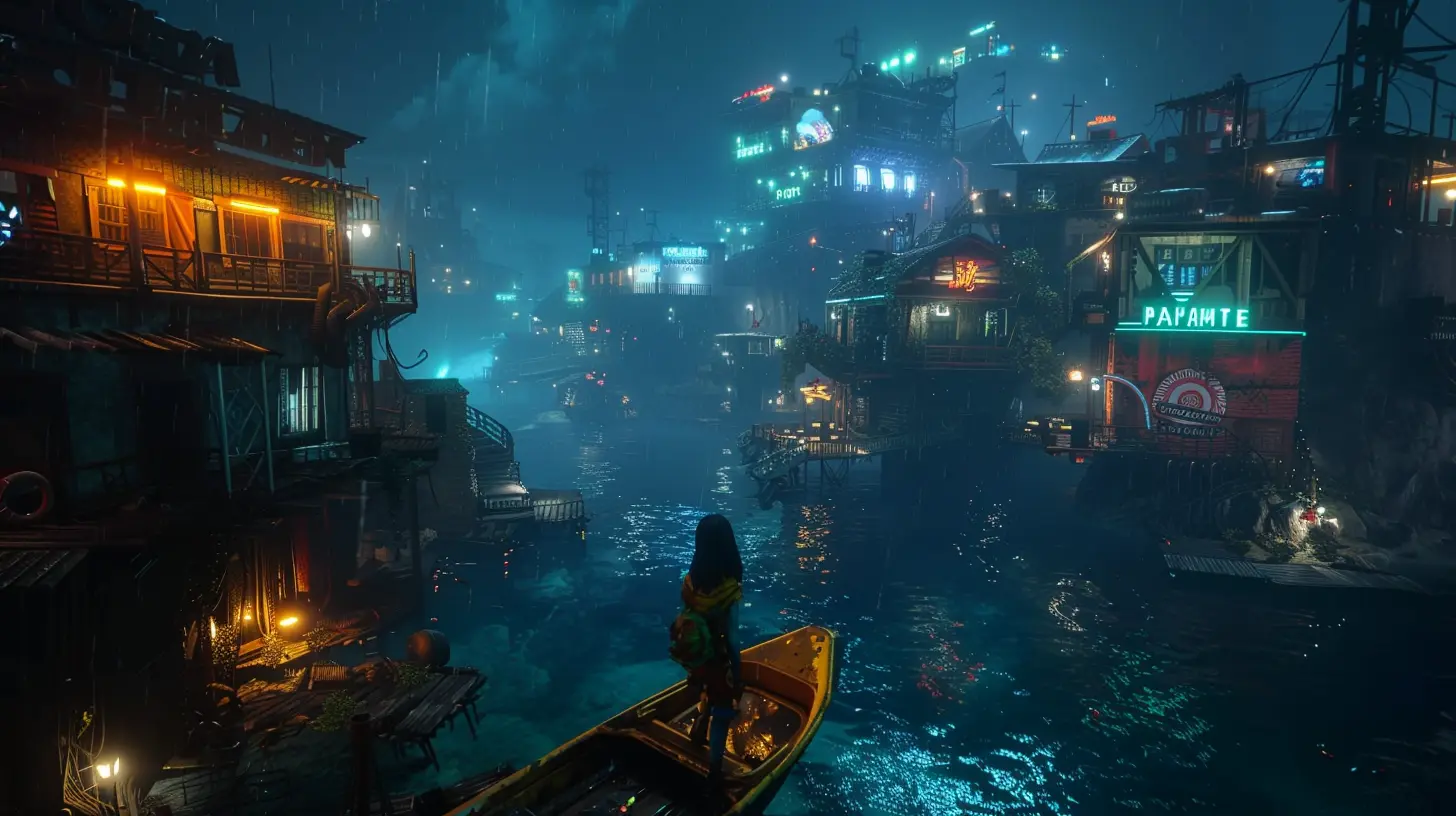
Wait, Game Awards Actually Matter?
Oh, you betcha! While it’s easy to shrug off these events as just another industry circle-jerk, it turns out they’re actually powerhouses of influence. The Game Awards, BAFTA Games Awards, IndieCade, and more are doing heavy lifting—not in just reflecting greatness, but in projecting it forward.These ceremonies celebrate innovation, storytelling, art design, music composition, and even accessibility. And guess what? Every indie dev or college student at their keyboard at 2 a.m. sees these wins and thinks, “Maybe I can make something that good. Or better.”
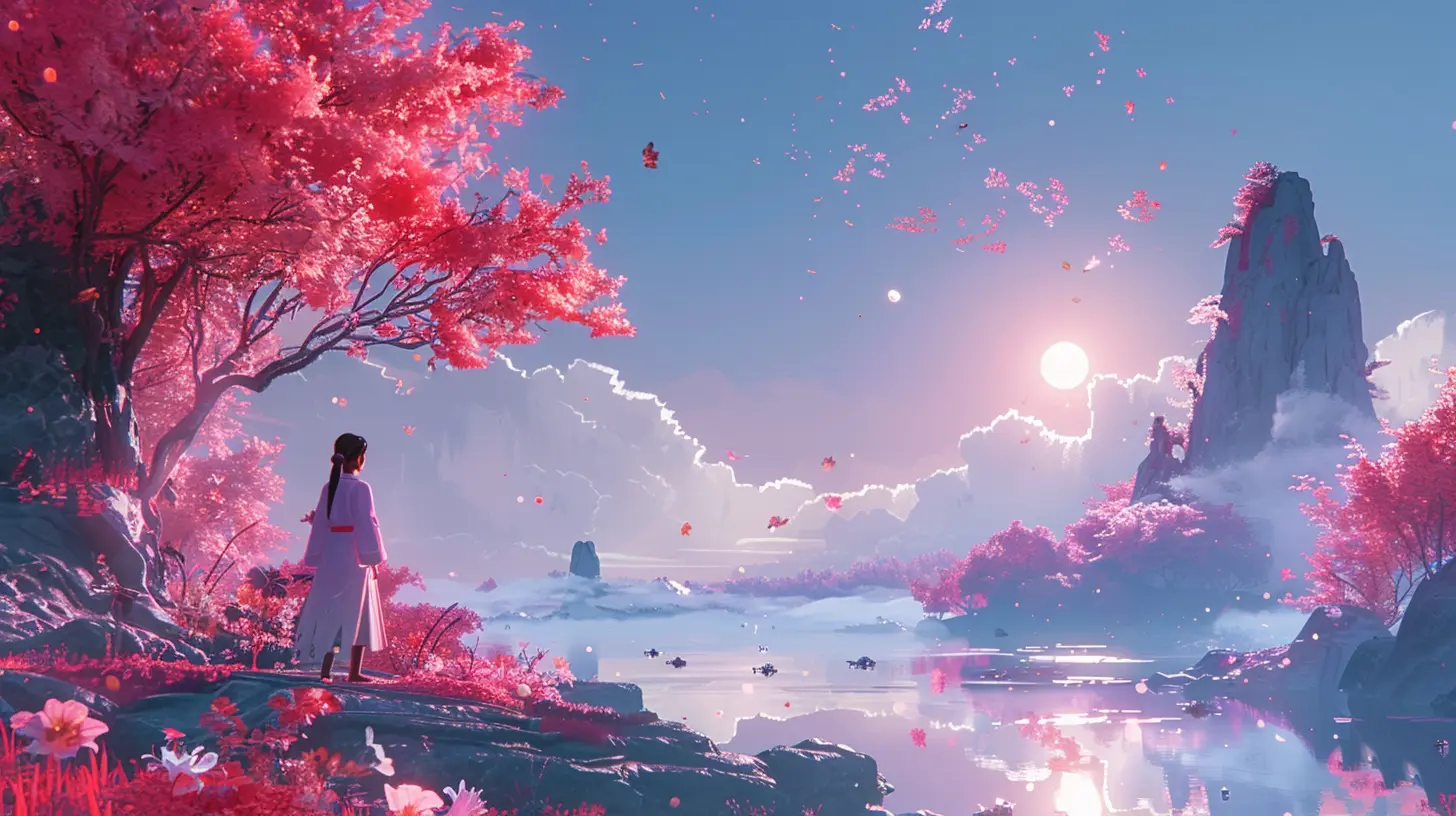
A Quick Flashback: How Did Game Awards Begin?
Back in the early 2000s, game awards were kind of...awkward. Think “low-budget TV drama mixed with uncomfortable gamer jokes” kind of awkward. But over the years, they've matured into legit showcases of art, creativity, and technical genius.Events like The Game Awards—yeah, the one with Geoff Keighley and the occasional surprise announcement from Hideo Kojima—have brought a new level of polish and importance to honoring games as a serious medium.
So what’s changed? The audience. The devs. The mindset. Gaming’s not just for basement dwellers anymore (though shoutout to basements—they're cozy). It’s for everyone, and awards are helping broadcast that inclusiveness loud and clear.
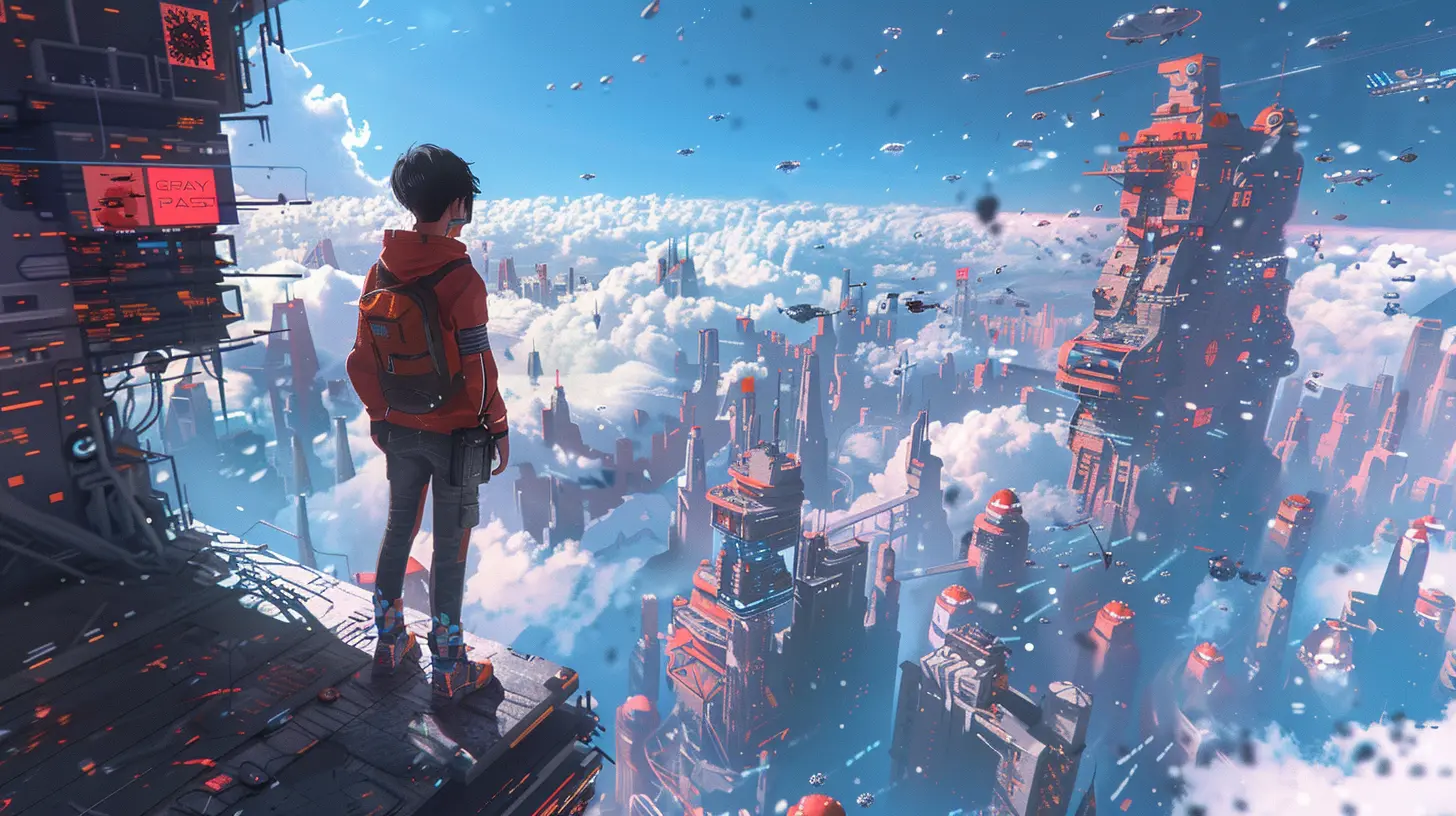
Inspiration in 3...2...1: How Awards Spark Dev Dreams
1. Role Models Rise from Every Category
When a game like Hades or Celeste wins an award, it's not just a trophy moment—it’s a full-on masterclass. These wins show that passion projects and smaller studios can go toe-to-toe with giants like God of War or The Last of Us.And for students and up-and-coming devs, this is pure rocket fuel. They see devs who once coded in their dorm rooms now giving acceptance speeches on global stages. That’s powerful stuff.
2. Recognition Fuels Motivation
Humans crave recognition. It's like pizza for the soul. And young developers are no different. Seeing their idols get acknowledged not just for graphics or big budgets but for innovative ideas and emotional storytelling? That makes a budding dev’s inner monologue go, “I want that. I can do that.”And don’t even get me started on the indie devs who’ve made it big without AAA backing. That’s like a modern-day fairy tale, minus the dragons but with plenty of coding crunch monsters.
3. Awards Shed Light on Lesser-Known Genres
Ever heard of a game about being a goose? Of course, you have. Untitled Goose Game made waves for being delightfully chaotic—and it nabbed awards that boosted its visibility everywhere.Game awards shine a spotlight on weird, artsy, or experimental games that mainstream lists might ignore. And you know who’s watching closely? The next generation of devs who want to break molds and make something totally offbeat.
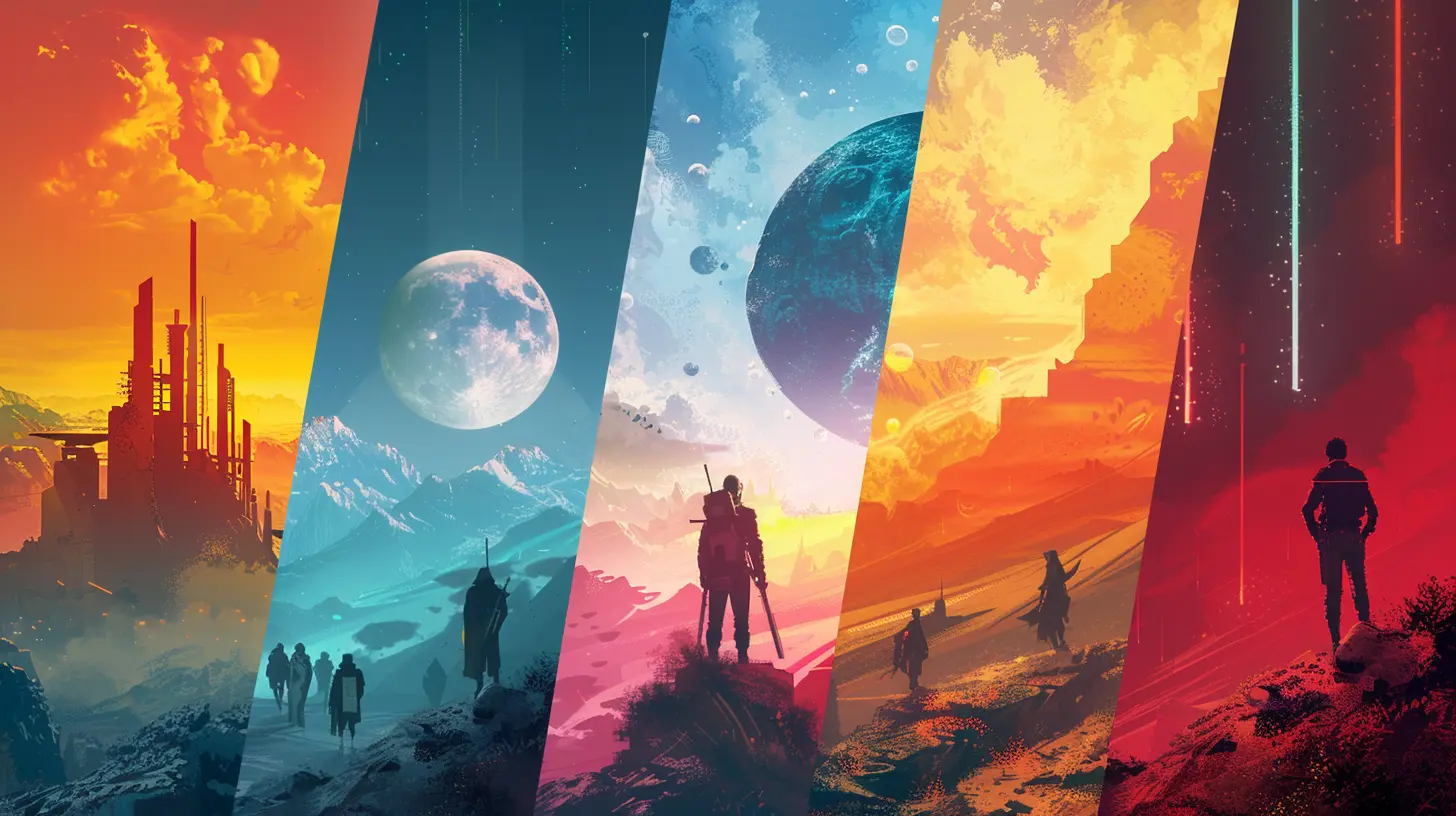
Not Just a Shiny Trophy — It’s a Career Launcher
Let’s be honest: getting into game development isn’t a walk in the pixelated park. It’s tough, competitive, and requires a Swiss-army-skillset. So when you’re trying to break into the industry, game awards can serve as a kind of GPS—pointing to what the industry values right now.1. Awards Showcase Industry Trends
Accessibility in games? Emotional storytelling? Procedural generation? These aren’t just buzzwords. They're categories where awards are being handed out. That tells devs in training, "Hey, this is what matters."Want to make a splash? Build a story that connects emotionally. Or create a game anyone can play, regardless of physical ability. Game awards hand-deliver that kind of insight, no tuition required.
2. They Create Networking Moments
Even if you’re not physically attending these events, the coverage, Reddit threads, and post-event Twitter storms are filled with nuggets of wisdom and developer shout-outs.For young devs, this is a golden opportunity to jump into conversations, connect over shared interests, and maybe even slide into a few DMs (professionally, of course).
3. Award-Winning Devs Often Give Back
Here’s the sweet cherry on top: developers who win often become mentors. They do interviews, share their process, and sometimes even drop their source code and design docs online. Boom—free lessons from the best in the biz.Aspiring devs are soaking this up like sponges. Because nothing beats learning from someone who’s been there, done that, and got the Game of the Year award to prove it.
The Indie Explosion: How Awards Are Leveling the Playing Field
The rise of indie games in award circuits is one of the most exciting trends ever. Back in the day, it was all about who had the biggest budget. Now? Raw creativity is winning out.Games like Hollow Knight, Disco Elysium, and Stray aren’t just indie darlings—they’re award magnets. And young devs see this and think, “Maybe I don’t need $10 million and a motion-capture studio. Maybe I just need a cool idea and a killer work ethic.”
Awards Help Level the Field
What’s cooler than David beating Goliath? Nothing. And that’s what indie devs pulling in awards feels like. It tells aspiring developers that yes, the barrier to entry might be high, but it’s not unscalable.Platforms like itch.io and Steam Early Access, combined with recognition from awards, give smaller creators a legit shot at the limelight.
The Future Looks Bright (And Full of Pixels)
Picture it: somewhere, a teenager is playing this year’s Game of the Year, soaking in every frame, and then jumping into Unity or Unreal Engine to start building their own dreams. That’s the magic we’re talking about.Game awards aren’t just patting the industry's back—they’re passing the torch. And honestly? The next gen is already reaching out their hands, ready to catch it.
Final Thoughts: Awards Are the Pep Rally the Gaming World Needed
Let’s wrap this pixel party up.Game awards aren’t just about fancy suits and tearful devs thanking their moms (though that's always wholesome). They’re beacons. They show where games are headed. They inspire the bedroom coder, the college team, the first-time designer.
They shout, “We see you. You matter. Keep going.”
And to the next generation of developers reading this? Your future Game of the Year award speech is already loading. Keep grinding.
all images in this post were generated using AI tools
Category:
Game AwardsAuthor:

Leif Coleman
Discussion
rate this article
1 comments
Kennedy Newman
Absolutely love how game awards shine a spotlight on creativity! It’s inspiring to see young developers motivated by recognition, pushing boundaries, and crafting the games we’ll all cherish in the future!
November 6, 2025 at 4:03 AM

Leif Coleman
Thank you! It's amazing to see how recognition can fuel innovation and inspire the next wave of talented developers. Their creativity truly shapes the future of gaming!
